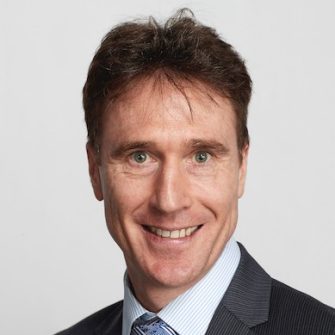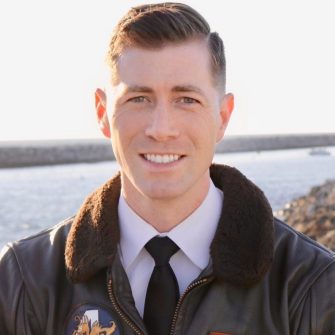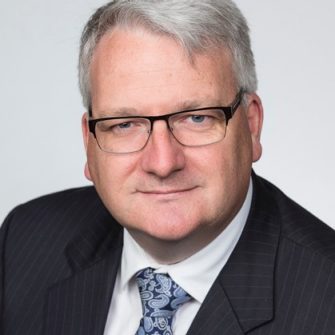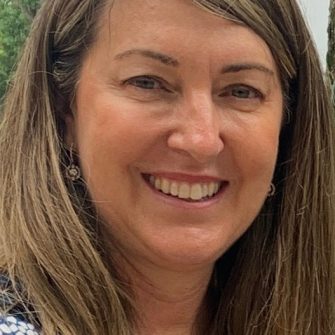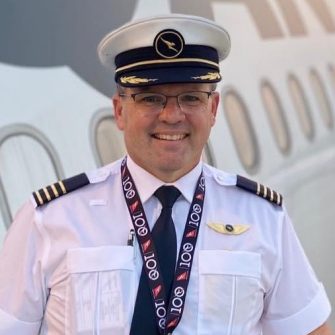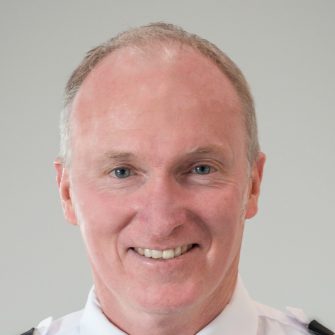UNSW Aviation Industry Panel Discussion Series

Thursday | 27 July 2023 | 5.30PM-8PM
How can a just culture be improved to facilitate advances in aviation safety?
The aviation industry as a whole, broadly accepts the premise ‘to err is human’. In western based countries, this has resulted in the industry advocating a system of safety that divorces human error from accountability. This is more widely known as a ‘just culture’, where the overarching principle is to treat people fairly if they make mistakes, even if the mistakes lead to negative outcomes. Such a perspective on human error is reflected more broadly in the shift from Safety-I, where the focus was understanding what went wrong, to Safety-II, where the focus is on understanding the system’s ability to succeed.
It can be argued, however, that this shift and focus is problematic, neglecting fundamental principles associated with human behaviour. Humans are central to the success and failure of all systems. Having a detailed understanding of why humans err, will ultimately result in improvements in safety. Such knowledge does not and should not be at odds with a mature safety system, where the focus is on improvements and not retribution. Therefore, this panel will discuss the latest research about human error, the link between motivation, punishment, reward and human error, and a retributive vs. a just safety culture.

Review of Panel Discussion
UNSW Aviation has launched the first of many panel discussions that will engage industry and academia to come together to discuss and debate issues of common interest.
The topic for the first event focused on human error and a retributive versus a just safety culture. Professor Brett Molesworth (Head of School and Human Factors expert) moderated a panel that featured Captain Curtis Calabrese (United Airlines Pilots and UNSW Aviation Researcher), Mr David Chitty (Member for NSW Bar Association and UNSW Aviation Law Lecturer), Ms Louise Kirkwood (Senior Manager Aviation Psychology and Human Factors, Qantas), Captain Tony Lucas (A330 and Training and Checking Captain, President of Australian and International Air Pilots Association (AIPA)), and Dr Kevin McMurtrie (Senior Flying Operations Inspector, CASA).
The discussion held on Thursday 27 July ranged from identifying the legal ramifications of a just culture to the issues around the diverse perceptions and understanding of what constitutes a just culture in order to identify processes for improvement and whether just culture hinders or facilitates reporting and by extension, safety advances.
Some takeaways and food for thought from the panel discussion are:
Understanding of what just culture is varies greatly.
Perspectives vary depending on whether it comes from the victim, the offender, the lawmaker and the general population, and this is further varied by cultural and organisational differences.
It is important to understand that a just culture isn’t a consequence free environment. ICAO regulations expressly state that any form of corrective, remedial or preventative action by an agency or service provider is not to be considered as punitive if conducted under certain protocols. The expectation of ICAO is that remedy and corrective action is a normative part of safety management.
Just culture is really about the individual being held accountable for their behavioural choices, not the outcome.
Recurrent training to address behavioural choices is not punitive, and central to a just culture.
CASA advocates and operationalises just culture quite well, though it does not regulate it.
The key to creating a successful just culture is establishing a robust safety management system. This will help identification and reporting information, analysis and mitigation of risks from a safety point of view.

